The three Just Stop Oil protestors were sitting in the stalls, somewhere near the middle of the front row. Someone had shelled out a cool £600 for those tickets – navigating the Glyndebourne website without, somehow, clocking the company’s loudly proclaimed commitment to sustainability (they even produce their own dyes for costumes these days, using plants from the estate) and then arriving at the venue without noticing the hilltop wind turbine, visible for miles around, which makes Glyndebourne probably the only opera house on Earth to be powered entirely by renewable energy.
Already a subscriber? Log in
Subscribe for just $2 a week
Try a month of The Spectator Australia absolutely free and without commitment. Not only that but – if you choose to continue – you’ll pay just $2 a week for your first year.
- Unlimited access to spectator.com.au and app
- The weekly edition on the Spectator Australia app
- Spectator podcasts and newsletters
- Full access to spectator.co.uk
Unlock this article
You might disagree with half of it, but you’ll enjoy reading all of it. Try your first month for free, then just $2 a week for the remainder of your first year.

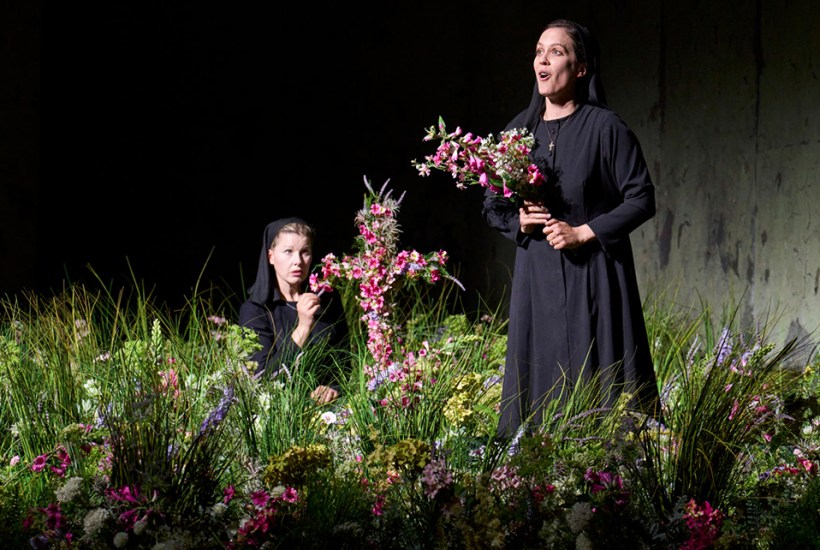
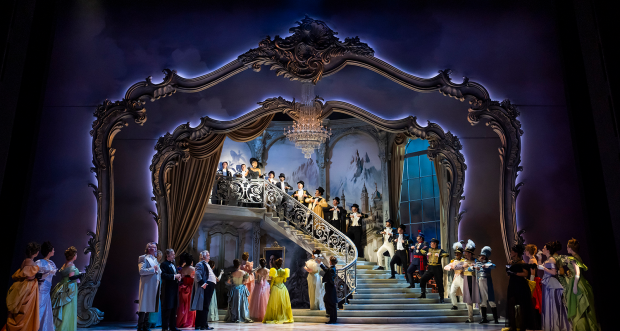
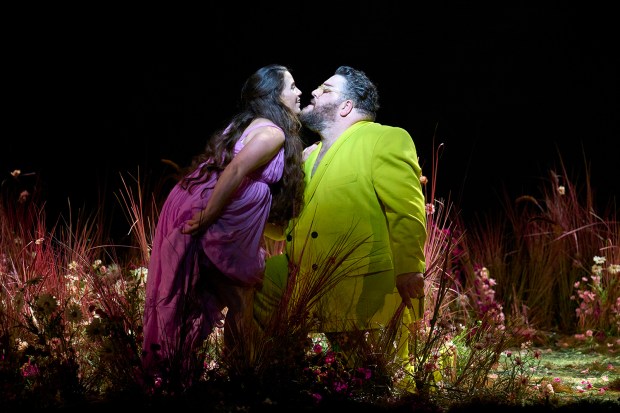
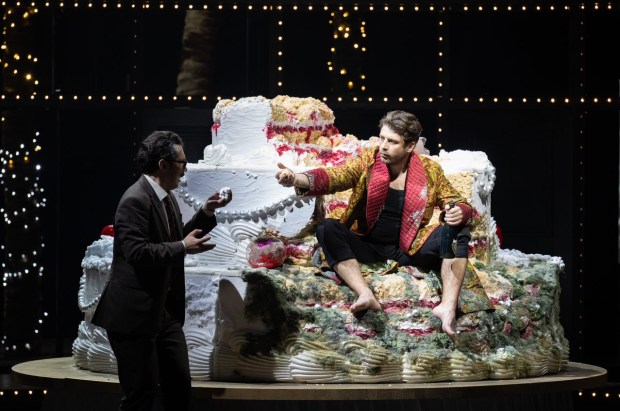
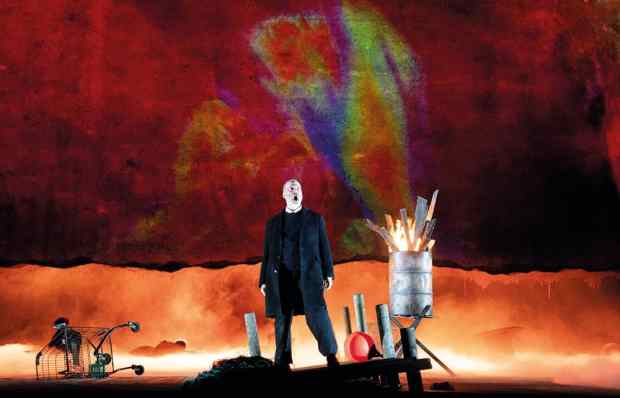
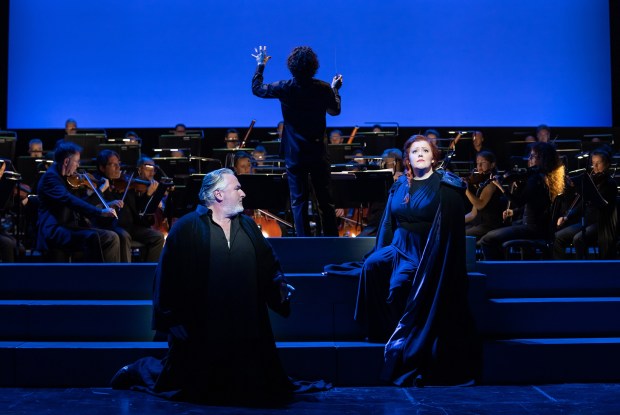







Comments
Don't miss out
Join the conversation with other Spectator Australia readers. Subscribe to leave a comment.
SUBSCRIBEAlready a subscriber? Log in